
The news is full of stories about monkeypox, the recent changes to COVID-19 guidance, and the return of polio cases. What do clinicians need to know?
Ms. Hester is Content Specialist with Contemporary OB/GYN and Contemporary Pediatrics.

The news is full of stories about monkeypox, the recent changes to COVID-19 guidance, and the return of polio cases. What do clinicians need to know?

Two experts discuss a variety of subjects on central precocious puberty, including recent study findings that examined treatment initiation and duration with height, the need to individualize treatment decisions for girls with CPP, and 2 case reports.

The US Food and Drug Administration (FDA) has issued a safety communication warning about the risk of serious injury or death associated with neck floats when used for water therapy in babies with special needs.
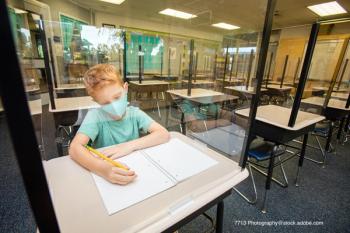
School closures have been the go-to move to prevent the spread of COVID-19, but a report investigates whether the use of strict mitigation can work just as well without the need to disrupt a child’s in-person schooling.
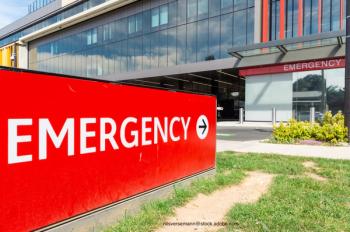
Does readiness to treat pediatric patients in the emergency department lead to less mortality in the year following presentation? An investigation offers answers.
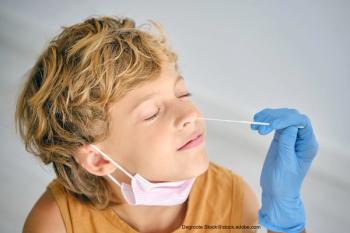
A global study examines how often severe outcomes occur within 14 days of a positive COVID-19 test occurring in an emergency department (ED).

Understanding the population characteristics of neurodevelopmental disorders is an important way to find modifiable risk factors and help determine needed services.
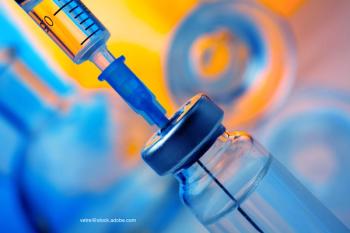
The Centers for Disease and Control and Prevention (CDC) has given their support for giving a COVID-19 booster to children aged 12 to 15 years.
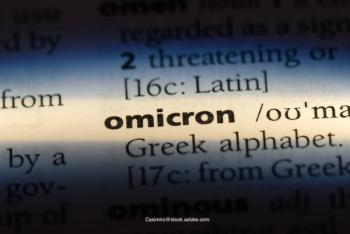
Contemporary Pediatrics sat down with Tina Q. Tan, MD, FAAP, FIDSA, FPIDS, to discuss what's known about the variant. She also discusses the latest on the vaccine for children aged younger than 5 years.
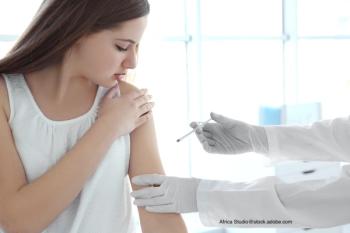
A study examines whether an intervention that promotes including teenagers in the decision-making process for getting vaccines leads to better outcomes, such as vaccine literacy.
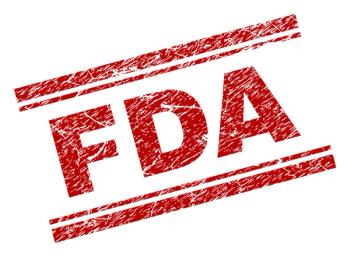
The US Food and Drug Administration (FDA) has amended the emergency use authorization of the Pfizer/BioNTech vaccine to include children aged 5 to 11 years.
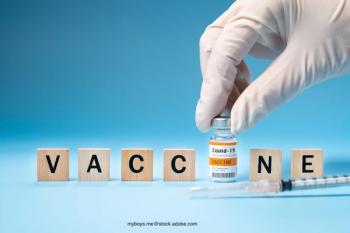
The US Food and Drug Administration (FDA) is meeting to discuss amending the emergency use authorization of the Pfizer/BioNTech vaccine for children aged 5 to 11 years.

Taxing soda and other sugar sweetened beverages has been seen as a tool to encourage more healthy behaviors. A look at soda consumption in Philadelphia, Pennsylvania provides insight into whether it works.

Telehealth offers a whole new way to reach out to adolescent patients for critical conversations on sexual health, according to a session at the virtual 2021 American Academy of Pediatrics National Conference & Exhibition

In cases of poorly controlled disease, even with good medication adherence, it might make sense to turn to biologics. A presentation at the virtual 2021 American Academy of Pediatrics National Conference & Exhibition covered biologics available for treating asthma and allergic skin disease.

A session at the virtual 2021 American Academy of Pediatrics National Conference & Exhibition urges clinicians to identify and tackle implicit bias.

A session at the virtual 2021 American Academy of Pediatrics National Conference & Exhibition highlights menstrual disorders in adolescent girls.
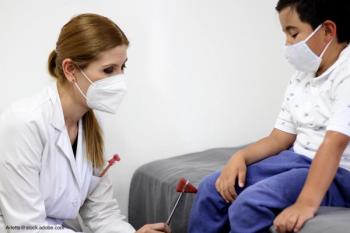
Immigrant families face barriers to accessing health care. A session at the virtual 2021 American Academy of Pediatrics National Conference & Exhibition discussed how 1 program in Houston, Texas tried to help those families overcome those barriers.
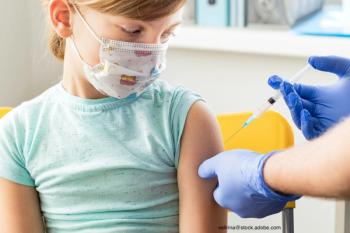
The American Academy of Pediatrics (AAP) has issued its recommendations for the upcoming influenza season, including guidance on administering the vaccine to patients with COVID-19.

Today’s vaccine approval opens up the ability to administer it off-label to children aged younger than 11 years. A statement from the American Academy of Pediatrics (AAP) discourages doing so.
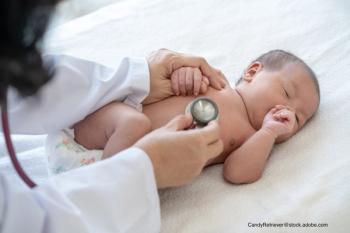
A report examines the prevalence of neonatal mastitis and the outcomes of a concurrent serious bacterial infection.

With the need to pack as much time in the classroom, many school districts have taken time away from the lunch period. A report illuminates why that may be hurting children’s nutrition.
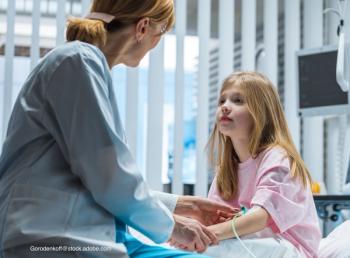
The regionalizing of pediatric care and a decline in pediatric hospitalizations has led to shifts in pediatric inpatient care. A report looks at the current inpatient care trends.

An investigation looks into whether a new respiratory support system reduces intubation or death in the delivery room.

The company has publicized data from the TeenCOVE study of the vaccine along with plans to seek authorization in the coming weeks.

Virtual visits with the doctor have become a fact of life for more families as a result of the pandemic. A new poll examines how parents feel about this change.
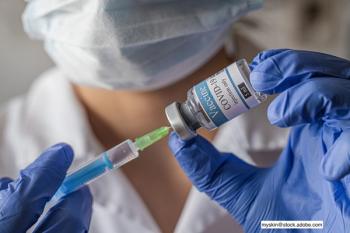
The American Academy of Pediatrics (AAP) issued a statement that urges parents get all children and teenagers aged 12 and older vaccinated with Pfizer/BioNTech vaccine, which recently had its authorization expanded.

Coronavirus disease 2019 (COVID-19) may be mild in most cases for children, but severe cases do happen. An investigation offers insight into what factors may contribute to those cases.
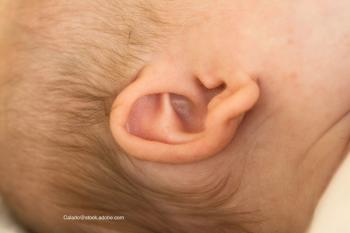
A report offers insight into how 7-valent and 13-valent pneumococcal vaccines could help prevent certain serotypes of otitis media.

It is crucial that teenagers get adequate sleep, but unfortunately some may battle insomnia. Could a brief intervention help improve outcomes?
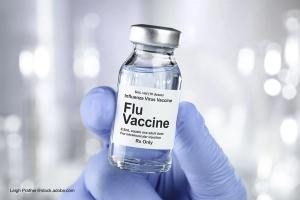
Published: October 1st 2020 | Updated:

Published: October 20th 2021 | Updated:

Published: July 10th 2020 | Updated:
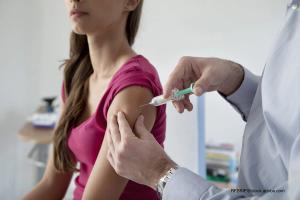
Published: September 16th 2020 | Updated:
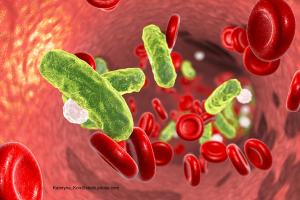
Published: July 2nd 2020 | Updated:
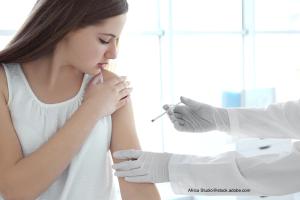
Published: November 10th 2021 | Updated: